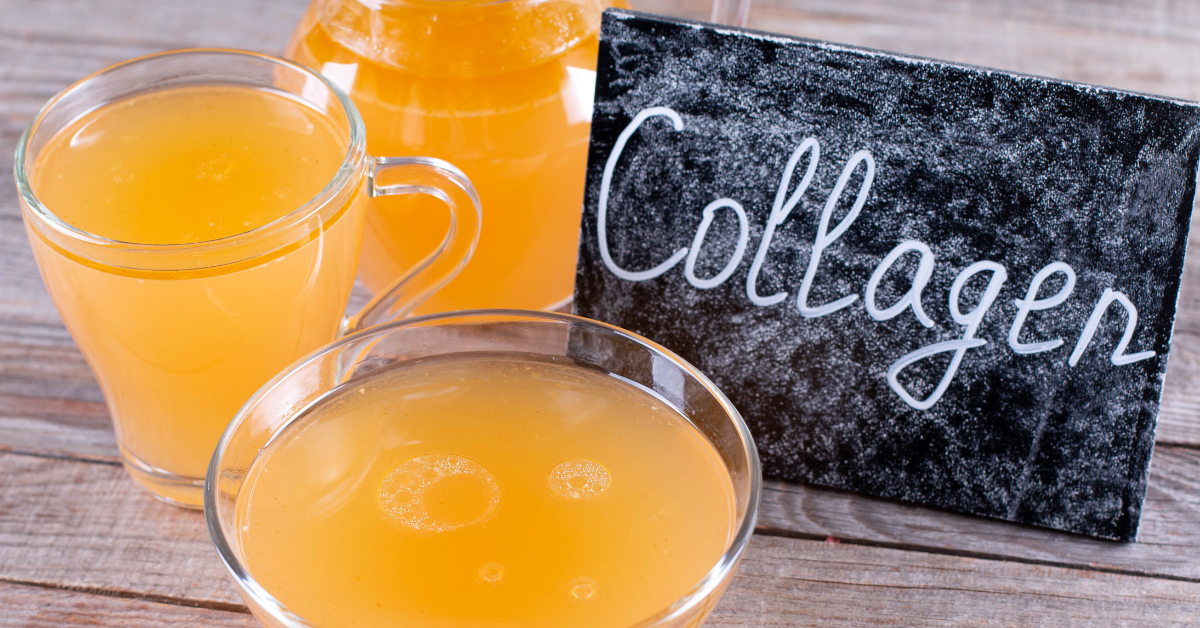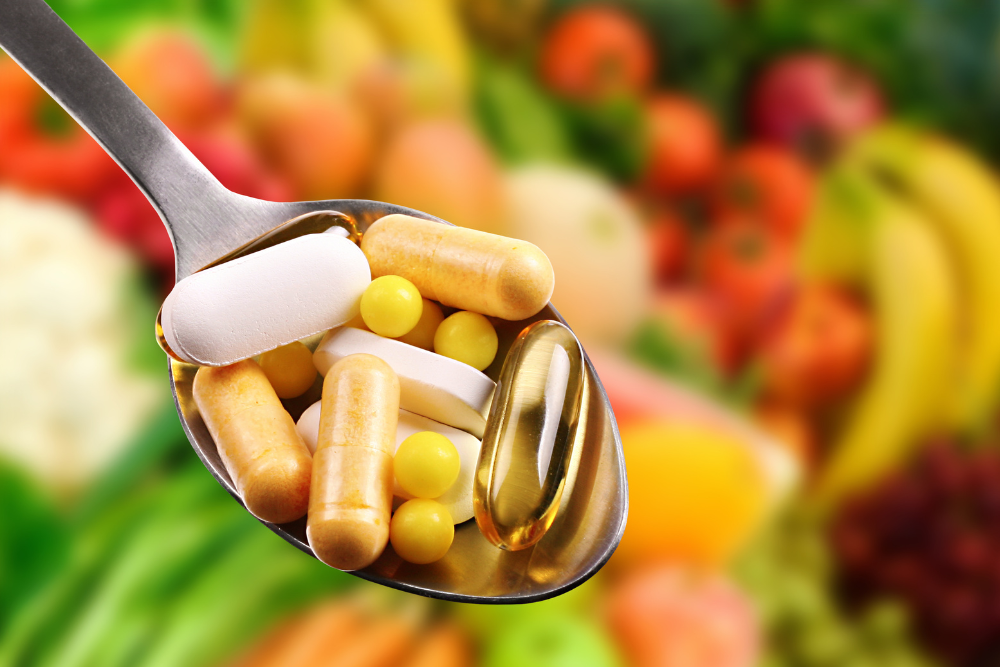
From bone broth and hotpots to creams, pills and powders, collagen has been making headlines as a purported miracle cure to wrinkly skin and aching joints.
But what exactly is collagen, and does boosting it really deliver the advertised slew of benefits? There’s no straightforward answer — so we’ll start from the beginning.
What is Collagen?
Most collagen advocates are right in describing the structural substance as a vital part of the human body. It is the most abundant protein in our body, making up for more than a quarter of its total protein.
Think of it as essentially a fibre-like Lego brick that exists in many different forms, providing structure to our muscles, tendons, ligaments, bones, organs and skin. It is therefore not hyperbole to describe it as the glue that holds our body together — after all, kolla, the Greek word that collagen is derived from, means glue.
Advertisement
The good news is that our body naturally produces collagen from a potent cocktail of amino acids (the building blocks of all proteins) along with other bits and bobs like zinc and vitamin C.
And then the bad news — production wanes as you get older, leading to common age-related ailments like creaky joints, saggy skin and slower wound healing.
Topping Up The Tank

Naturally, this gives rise to the question of how to effectively restore one’s collagen level. That’s where pharmaceutical companies come in, peddling collagen supplements that purport to make our skin and joints feel young again.
These come in a variety of forms, including topical creams and oral supplements like pills or powders.
The body of evidence for the former is weak — collagen molecules are simply too large to penetrate the epidermis (the outermost layer of our skin) and reach the dermis layer below where most of the collagen in our skin is found.
Some topical collagen-boosting creams instead contain peptides (smaller chains of amino acids) and other ingredients used in collagen production, but there is insufficient evidence to prove that this would result in collagen actually being produced.
There is a stronger — though not conclusive — base of evidence for oral collagen supplements.
The trickiness stems from how our body digests the protein, breaking it into its constituent amino acid parts to be distributed to where the body needs it most. There are no assurances that it will reform into collagen once absorbed into the blood stream.
However, clinical trials of oral collagen supplements have demonstrated benefits to skin quality, wound healing, joint functionality and cartilage health. Bear in mind that many trials thus far have been limited to short-term studies with small sample groups.
That said, there is little harm in supplementing with collagen orally, as adverse side effects are rare if properly dosed.
One oral collagen supplement you can consider comes courtesy of homegrown supplement brand Holistic Way. Its Joint Collagen supplement — found in health and beauty chain Watsons’ stores islandwide — can enhance the health of joint cartilage, ligaments and skin. It also contains other ingredients like vitamin D3 that may help prevent bone loss and reduce the risk of fractures.
Lifestyle and Diet Are Important Too

At the end of the day, it is important to pair collagen supplements with improvements to your diet and lifestyle.
Collagen-rich foods that you can include in your diet are tough cuts of meat full of connective tissue — examples commonly found in Singaporean kitchens include pig’s trotter and chicken’s feet. Otherwise, salmon and sardines are also good sources of collagen.
However, remember that collagen is still broken down into amino acids — so eating a healthy, balanced diet with plenty of protein-rich foods like meats, egg, dairy and beans should provide you with the amino acid building blocks for this. Be sure to incorporate other cofactors like zinc, vitamin C and copper into your meals too.
Finally, avoid lifestyle choices that have been linked to reduced collagen production like smoking, eating too much sugar, lack of sleep and excessive sun exposure. And remember to exercise regularly!
This way, you’ll cover all bases to hopefully maximise your collagen levels, thereby unlocking pain-free joints and supple skin.
This article was written in collaboration with Watsons Singapore.





